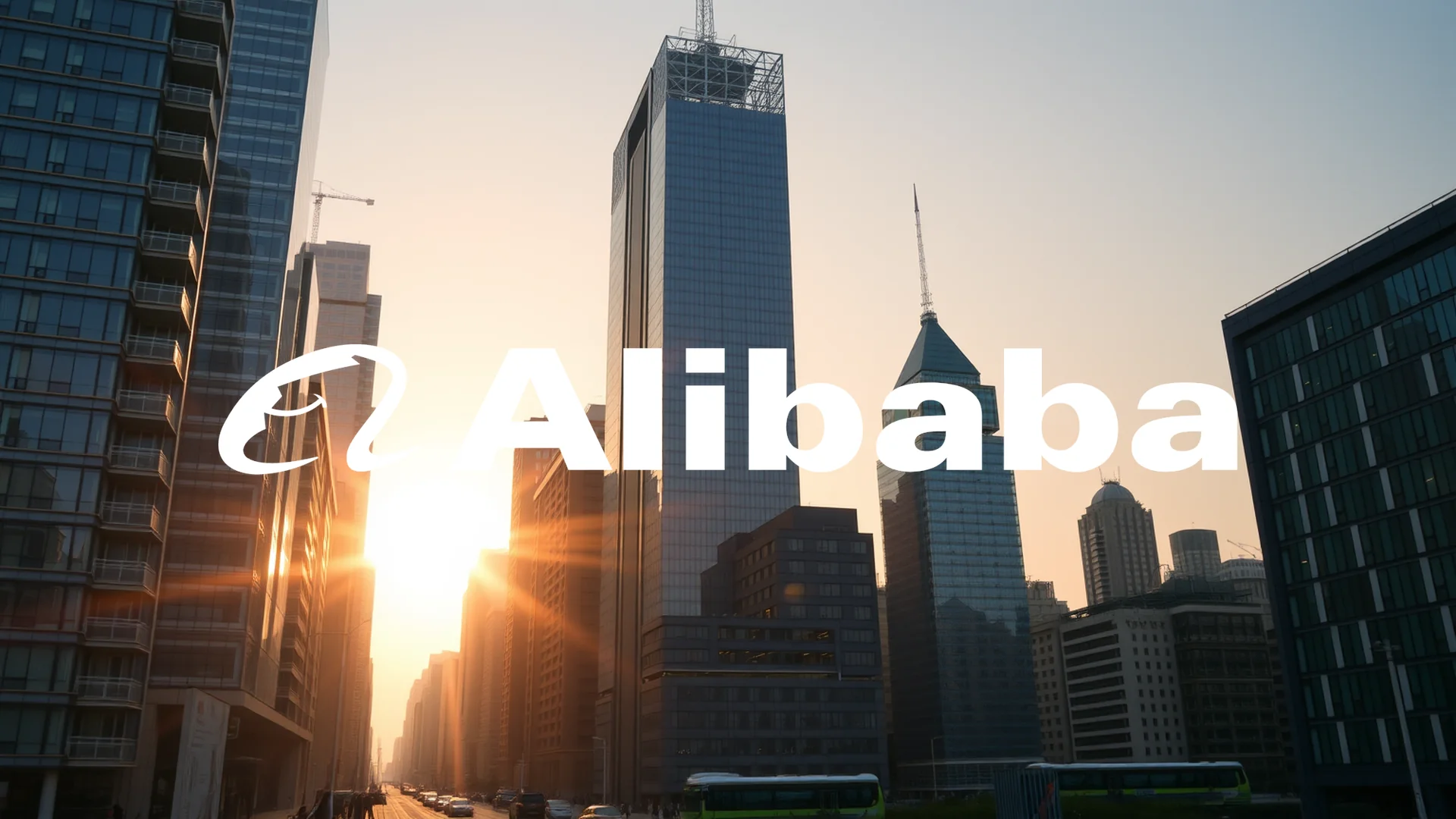Alibaba Group is making substantial moves to redefine its future, embarking on two significant strategic initiatives: a formal entry into the autonomous taxi sector and a comprehensive rebranding of its food delivery service. These developments emerge just days before the company’s keenly anticipated quarterly earnings report scheduled for November 13, raising questions about whether AI-driven taxis and a transformed delivery network can effectively reignite growth.
AI-Powered Foundations and the Upcoming Earnings Test
Underpinning these ambitious ventures is Alibaba’s advanced AI model, Qwen3-Max, which recently demonstrated its capability in a cryptocurrency trading experiment. The model achieved a 22.32% return over a two-week period, outperforming competing technologies from industry leaders like OpenAI and Google. This technological prowess forms the backbone of the company’s push into new, AI-centric business areas.
However, the critical question remains whether these innovations can sufficiently counterbalance slowing momentum in its core operations. When Alibaba discloses its financial results for the second quarter of fiscal year 2026 on November 13, analysts project revenue of approximately 242.65 billion Yuan, representing a modest increase of just 2.6%. Market expectations for earnings per share point to a decline, signaling the substantial costs associated with this strategic transformation.
XPeng Partnership Paves Way for Robotaxi Integration
A major step in this new direction was announced on November 5, 2025, through Alibaba’s mapping and mobility service, Amap. The unit revealed a comprehensive collaboration with electric vehicle manufacturer XPeng. The core of this partnership involves integrating XPeng’s self-driving robotaxis directly into the Amap application, with a planned launch commencing in 2026.
Should investors sell immediately? Or is it worth buying Alibaba?
The initial rollout is set for the city of Guangzhou, with subsequent expansions to other major urban centers in China. The strategic rationale is clear: XPeng contributes its autonomous vehicle technology and hardware, while Amap provides its extensive user base and sophisticated mapping data. This move positions Alibaba as a direct competitor to established players like Baidu and Pony.ai in the highly competitive and capital-intensive autonomous mobility market, highlighting the company’s urgent search for new growth engines beyond its maturing e-commerce foundation.
Delivery Service Rebranded as “Taobao Shangou” in Challenge to Meituan
Concurrently, Alibaba is executing a radical overhaul of its delivery business. Its food delivery platform, Ele.me, is currently being rebranded to “Taobao Shangou” (translated as “Taobao Flash Shopping”). The revamp includes a beta application featuring Taobao’s signature orange color scheme.
The primary objective of this integration is to leverage the massive, established user community of the dominant Taobao e-commerce platform for immediate delivery services. The service will extend beyond meals to include electronics, groceries, and a wide array of other consumer goods. This strategic pivot constitutes a direct challenge to the current market leader, Meituan. Alibaba aims to capture significant market share by synergizing the powerful Taobao brand with its existing customer data and logistics network.
Ad
Alibaba Stock: Buy or Sell?! New Alibaba Analysis from February 7 delivers the answer:
The latest Alibaba figures speak for themselves: Urgent action needed for Alibaba investors. Is it worth buying or should you sell? Find out what to do now in the current free analysis from February 7.
Alibaba: Buy or sell? Read more here...










